- Home
- About Us
- TSPT Academy
- Online Courses
-
Resources
- Newsletter
- Business Minded Sports Physio Podcast
- Day in the Life of a Sports PT
- Residency Corner
-
Special Tests
>
-
Cervical Spine
>
- Alar Ligament Test
- Bakody's Sign
- Cervical Distraction Test
- Cervical Rotation Lateral Flexion Test
- Craniocervical Flexion Test (CCFT)
- Deep Neck Flexor Endurance Test
- Posterior-Anterior Segmental Mobility
- Segmental Mobility
- Sharp-Purser Test
- Spurling's Maneuver
- Transverse Ligament Test
- ULNT - Median
- ULNT - Radial
- ULNT - Ulnar
- Vertebral Artery Test
- Thoracic Spine >
-
Lumbar Spine/Sacroiliac Joint
>
- Active Sit-Up Test
- Alternate Gillet Test
- Crossed Straight Leg Raise Test
- Extensor Endurance Test
- FABER Test
- Fortin's Sign
- Gaenslen Test
- Gillet Test
- Gower's Sign
- Lumbar Quadrant Test
- POSH Test
- Posteroanterior Mobility
- Prone Knee Bend Test
- Prone Instability Test
- Resisted Abduction Test
- Sacral Clearing Test
- Seated Forward Flexion Test
- SIJ Compression/Distraction Test
- Slump Test
- Sphinx Test
- Spine Rotators & Multifidus Test
- Squish Test
- Standing Forward Flexion Test
- Straight Leg Raise Test
- Supine to Long Sit Test
-
Shoulder
>
- Active Compression Test
- Anterior Apprehension
- Biceps Load Test II
- Drop Arm Sign
- External Rotation Lag Sign
- Hawkins-Kennedy Impingement Sign
- Horizontal Adduction Test
- Internal Rotation Lag Sign
- Jobe Test
- Ludington's Test
- Neer Test
- Painful Arc Sign
- Pronated Load Test
- Resisted Supination External Rotation Test
- Speed's Test
- Posterior Apprehension
- Sulcus Sign
- Thoracic Outlet Tests >
- Yergason's Test
- Elbow >
- Wrist/Hand >
- Hip >
- Knee >
- Foot/Ankle >
-
Cervical Spine
>
- I want Financial Freedom
- I want Professional Growth
- I want Clinical Mastery
|
We have discussed before about the potential effect of placebo. It can play quite a significant role and should never be discounted. Probably one of the specialties of PT that is most frequently challenged by a patient's prior expectations is the orthopaedic setting. Patients come in asking about the "wonders of ultrasound" or possibly kinesiotape after seeing their favorite athlete wear it all over their body. With the push for evidence-based practice, research has shown little support for these interventions, leading to many PT's tossing them out of their treatment options. People often forget that one of the 3 pillars of evidence based practice is patient values. Patient expectation is a component of the patient values pillar. If a patient states they had success with one of the less-supported treatments in the past and they expect to receive it again, we should implement it. If we ignore it, the patient-clinician relationship could become compromised, leading to a lack of improvement. I recently have had some patients that expected Instrument-Assisted Soft Tissue Mobilization (IASTM) to be deeper and more forceful than I usually provide. Many of the brand names build their philosophy off of "realigning collage" or "initiating the inflammatory response," while current research states that amount of force is not necessary. When patients do expect that force, however, I typically increase the force I apply, but still not as intense as others. That doesn't mean it should be performed blindly. The unsupported treatments may be provided, but they should be coupled with different treatments that have more support. In application of a treatment, I'll educate the patient how the support behind the technique is limited, but we will couple it with components that have a stronger background of support. With the advancements in pain science research, the power of the mind in its relation to pain is just beginning to be realized. If the patient is expecting certain aspects of treatment, we should consider incorporating it, otherwise the patient may "refuse" to get better. No single study can control for a patient's expectations, so no study is perfect. Next time a patient reports prior success with a certain mode of treatment, don't be so quick to set it aside. -Chris Have you ever wanted to enroll in a residency but not have the time or ability to financially commit? Jim Heafner, PT, DPT, OCS, SFMA and Chris Fox, PT, DPT, OCS, SFMA from The Student Physical Therapist have partnered with Dana Tew, PT, DPT, OCS, FAAOMPT from Optim Physical Therapy to create a COMT program starting in October! The mission of the program is to develop the clinical reasoning and manual skills of the participants over the course of a year through a structure similar to a residency, but without the financial sacrifice and significant time commitment, The program will help you to prepare for the OCS, improve your outcomes, and qualify for Fellowship enrollment. Check out the program for more details at www.optimfellowship.com and let us know if you have any questions! Like this post? Then check out the Insider Access Page for advanced content! And check out similar posts below!
0 Comments
Leave a Reply. |
Dr. Brian Schwabe's NEW Book in partner with PaleoHacks!
Learn residency-level content on our
Insider Access pages We value quality PT education & CEU's. Click the MedBridge logo below for TSPT savings!Archives
July 2019
Categories
All
|

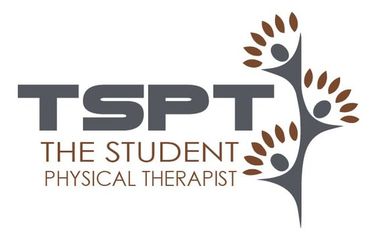
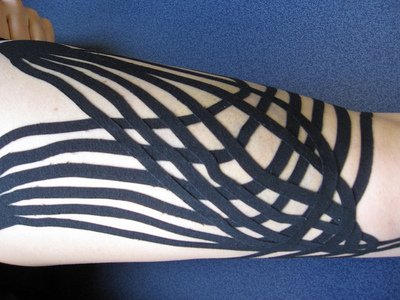
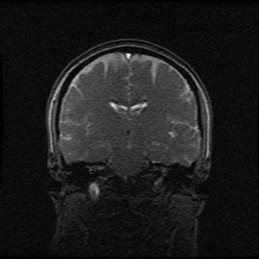
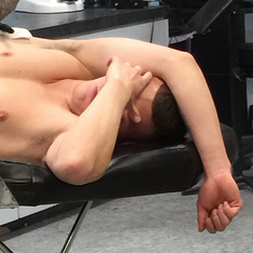
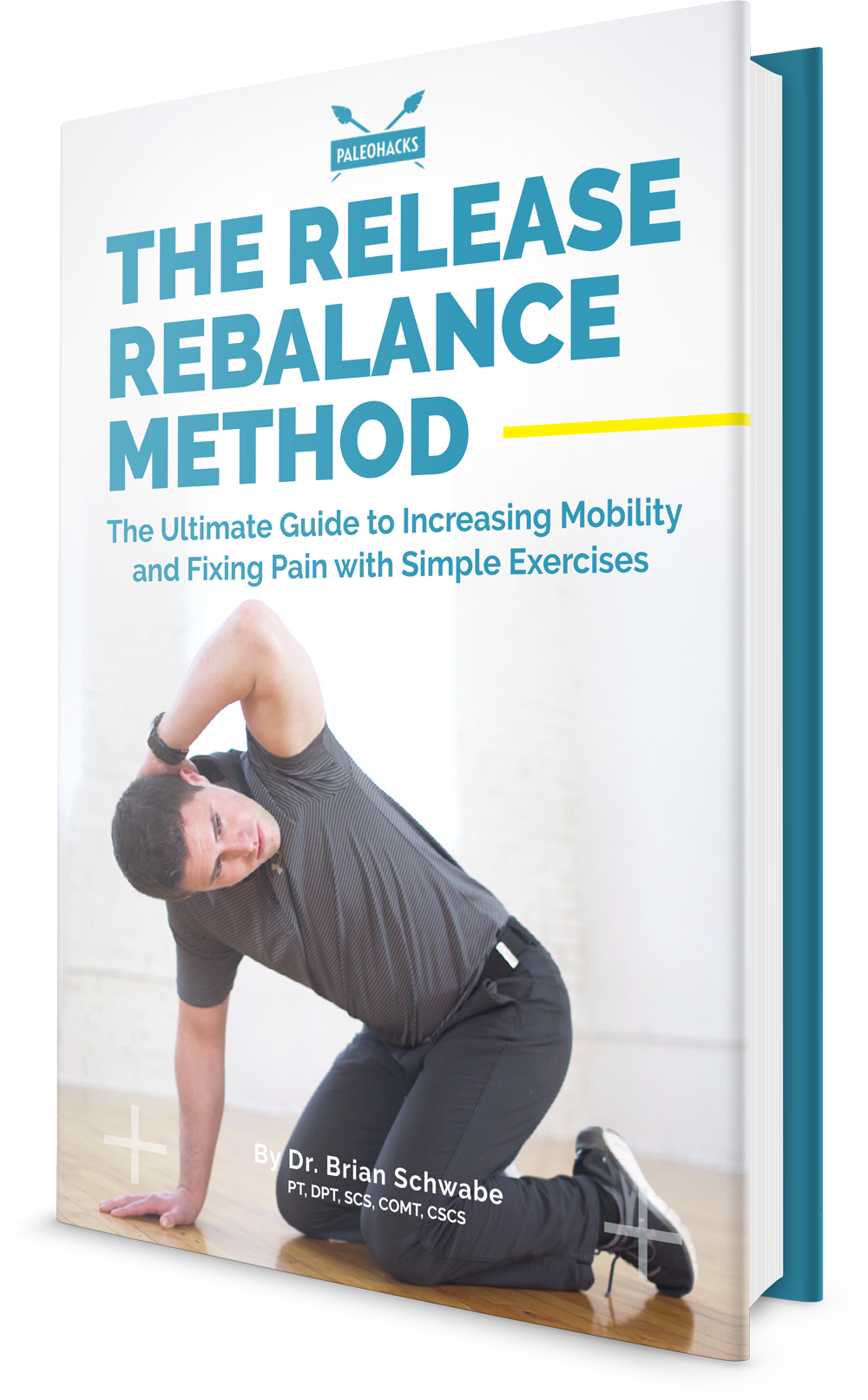



 RSS Feed
RSS Feed